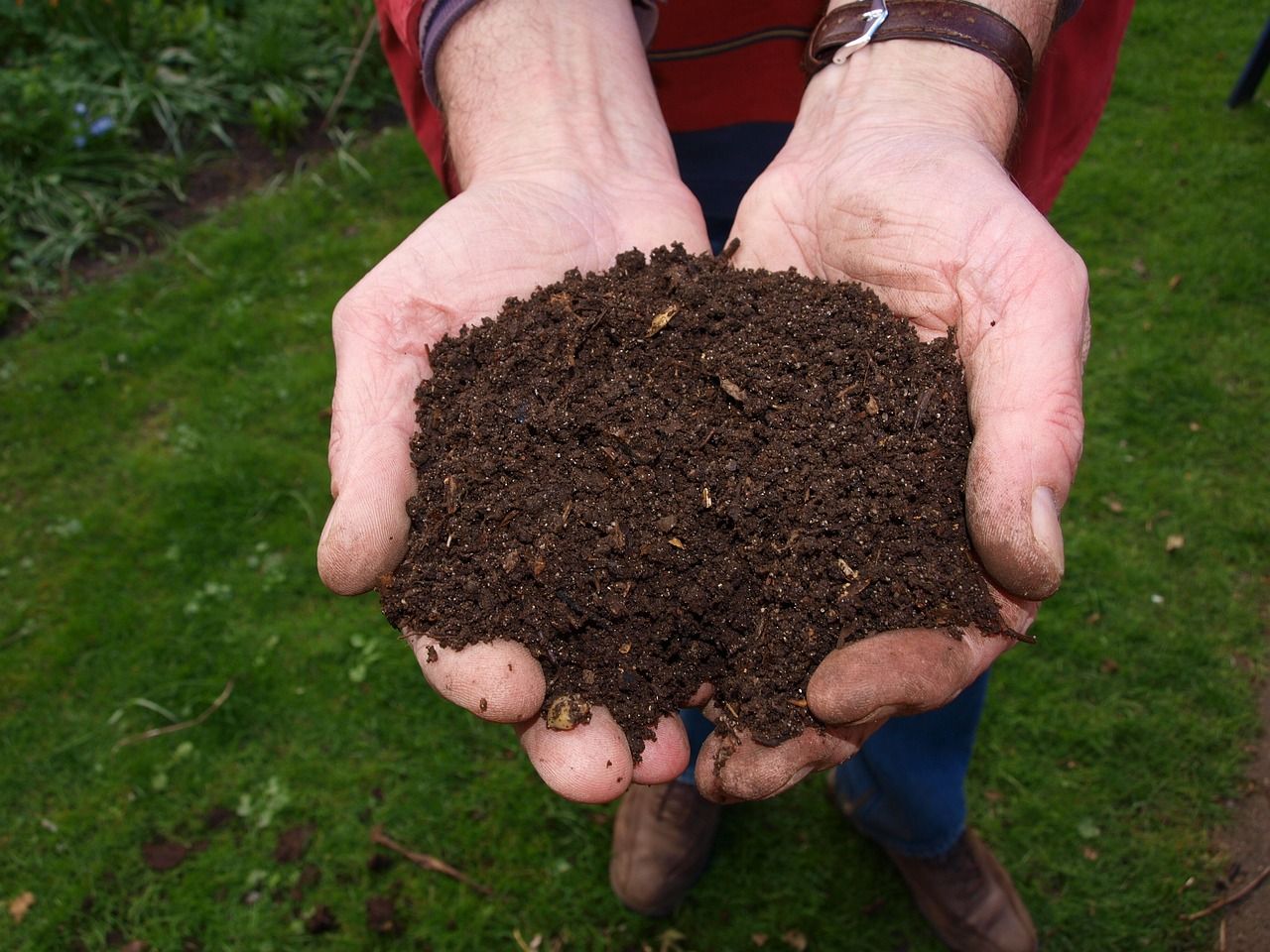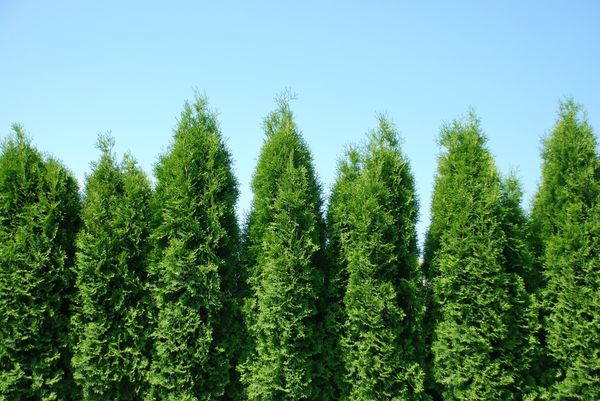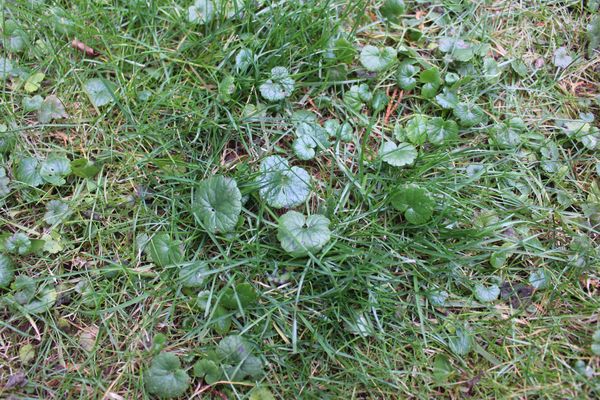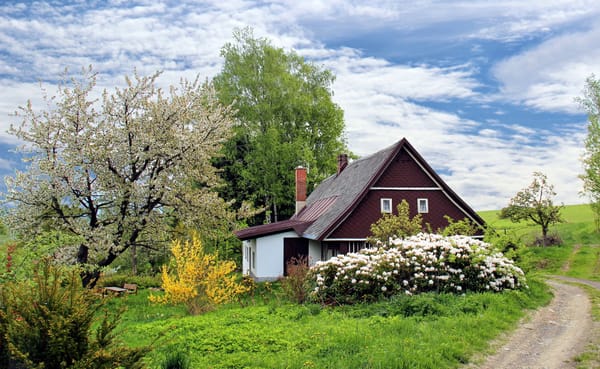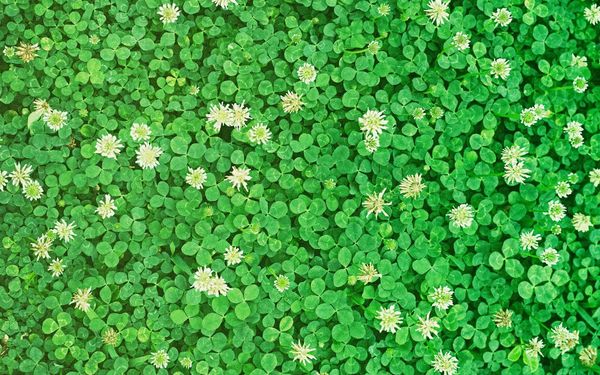Do you aspire to cultivate a greener thumb while reducing your carbon footprint? If yes, then this article on composting for beginners is just what you need.
Composting is a transformative process of recycling organic waste into nutrient-rich soil conditioners. It's not only an essential practice for sustainable living but also a significant step towards better waste management. As a beginner, you might find composting a bit intimidating. Fear not! With this guide, you'll learn the essentials and find that composting can be as straightforward as nature intended.
Why Start Composting?
Firstly, let's consider why composting should be a part of your gardening routine. Organic waste, such as food scraps and yard trimmings, makes up a significant portion of our waste stream. By composting, you're diverting waste from landfills, reducing greenhouse gas emissions, and fostering a circular economy at home.
Moreover, compost enhances the fertility of your soil, aids in water retention, and helps ward off plant diseases. There are several smart disposal solutions for food waste. Along with reducing consumption, you can reuse foods in unique ways before you throw them out and implement food disposal techniques.
Composting Basics: The Essential Ingredients
Composting relies on four fundamental ingredients: greens, browns, water, and air.
Greens
These materials are rich in nitrogen and quick to decompose. Greens include fruit and vegetable scraps, coffee grounds, fresh grass clippings, and fresh leaves.
Browns
High in carbon, browns decompose slower and provide necessary bulk to the pile. Browns include dried leaves, branches, straw, and shredded newspaper.
Water
Composting requires moisture to support the decomposition process. The compost pile should feel damp but not saturated.
Air
Turning or stirring the compost pile helps aerate it, facilitating decomposition by providing oxygen to the microbes at work.
Remember the general rule of thumb: aim for a balance of 1 part greens to 2-3 parts browns.
Getting Started With Your Compost Pile
Choose the Right Location and Container
Select an accessible location in your yard for your compost heap or bin. It should be a flat, well-drained spot that gets both sun and shade. Your composting container could be as simple as a heap or a homemade bin, or as complex as a tumbler or a store-bought compost bin. Choose a container that suits your needs and space constraints.
Add Your Materials
Start with a layer of browns at the bottom of your pile or bin for aeration and drainage. Add a layer of greens on top, then a layer of browns again. Repeat this layering until the pile is about three feet high. Remember to add water intermittently to keep the pile damp.
Turn Your Compost Pile
Turn your compost pile every week or two using a pitchfork or a compost turning tool. This activity introduces oxygen into the pile and helps speed up the decomposition process. If the compost pile smells, it might be too wet or lacking in brown materials.
Harvest Your Compost
When your compost pile has turned into a dark, rich, crumbly material with a pleasant, earthy smell, it's ready to be harvested. This process typically takes 2-6 months. Use your homemade compost in your garden to enrich the soil and boost plant growth.
Common Mistakes in Composting
Finally, let's look at some common composting mistakes that beginners often make:
Lack of Balance
It's vital to maintain the green-to-brown ratio. Too many greens can result in a smelly, wet pile, while too many browns can slow the process.
Insufficient Turning
Not turning your compost pile can lead to slow decomposition. Regularly aerate your pile to accelerate the process.
Inappropriate Items
Not everything can go into a compost pile. Avoid adding meat, dairy, diseased plants, and pet waste, as these can attract pests and create unpleasant odors.
Advanced Tips for Composting Beginners
Once you've grasped the basic process, here are some advanced tips to help you become a composting pro.
Chop Your Materials
The smaller the composting materials, the quicker they will decompose. Consider chopping up your food scraps or running your leaves through a shredder.
Try Vermicomposting
If you're limited on outdoor space, vermicomposting or worm composting, is a great option. This method uses worms to consume organic waste and produce worm castings, a nutrient-rich compost.
Include Compost Activators
Add compost activators like well-aged manure, alfalfa meal, or comfrey leaves to accelerate the composting process. These activators introduce nitrogen and other elements to feed the composting organisms.
Use the Right Tools
A compost thermometer can help you monitor the temperature of your compost pile. When the pile heats up, it indicates that decomposition is happening efficiently.
The Environmental and Economic Benefits of Composting
When you compost, you're not just enhancing your garden but also benefiting the wider environment. Composting helps cut greenhouse gas emissions by reducing the amount of waste sent to landfills and decreases the need for chemical fertilizers, promoting biodiversity.
Furthermore, composting can help you save money. Instead of buying commercial fertilizers, you can use compost to nourish your plants. Plus, if you grow vegetables, your compost will help you produce healthier, more abundant crops, saving on your grocery bills.
Conclusion
Carbon-Rich Materials
Backyard composting is a rewarding practice that not only helps manage food waste and yard waste but also contributes significantly to soil quality. By converting organic materials, both nitrogen-rich green materials and carbon-rich dry materials, into nutrient-dense finished compost, you're actively involved in the circle of life. Your own compost pile, whether it's in a DIY compost bin or a ready-made compost tumbler, becomes a hub of organic matter transformation, contributing to the health of your garden.
Nitrogen-Rich Materials
For beginners, it's crucial to compost regularly and maintain a balance between green (wet) and brown (dry) materials in your composting bin. This could be achieved by hot composting, a method that involves frequent turning and results in faster decomposition, or cold composting, a more passive method suitable for those with less time on their hands. Whether it's hot composting or cold, remember, all organic material eventually breaks down.
Compost Bins
If you're keen on indoor composting or have limited outdoor space, worm bins are an excellent alternative, rapidly turning food scraps into valuable compost. Backyard composting and vermicomposting are simple yet powerful ways to make an impact, allowing us to turn our waste into wealth, improving the soil quality of our gardens, and actively participating in the sustainability of our planet.

